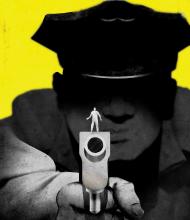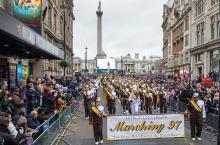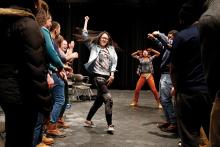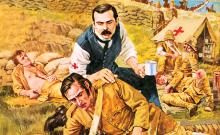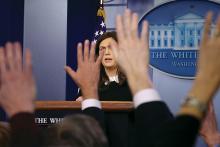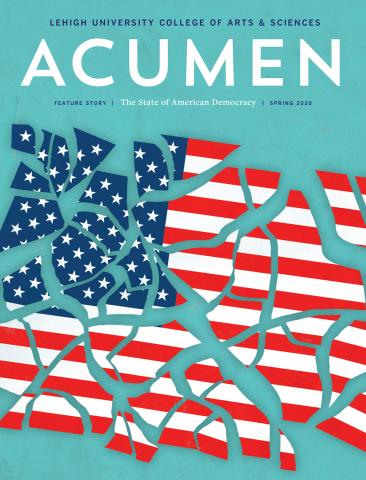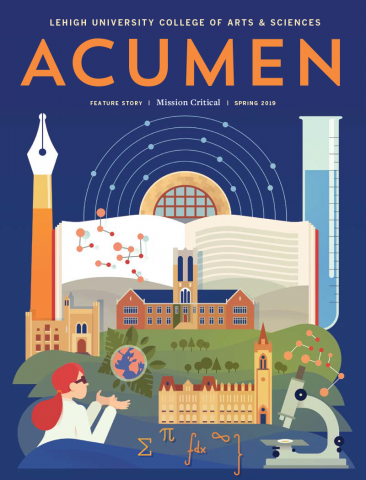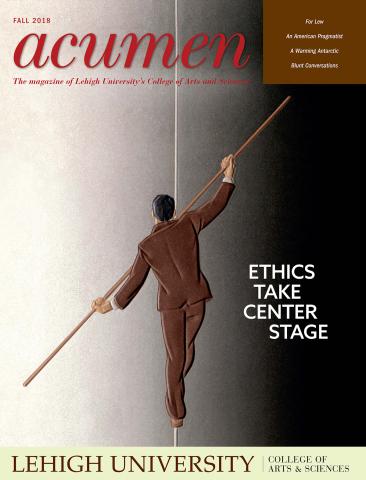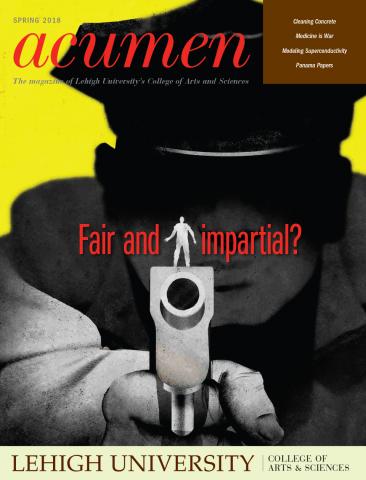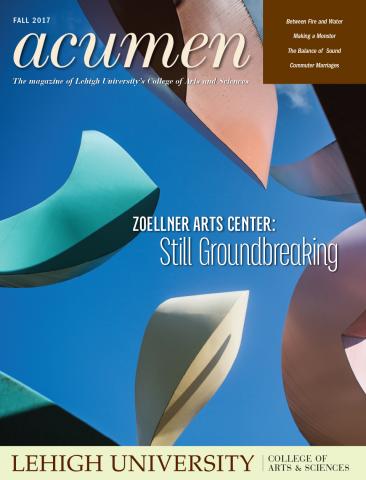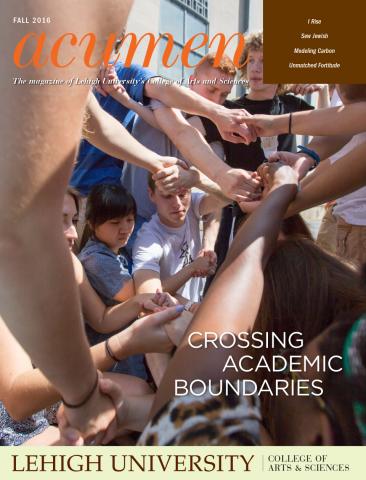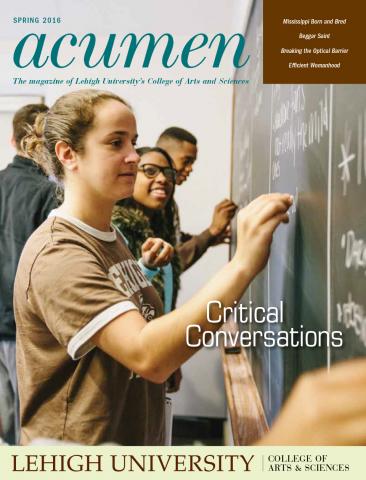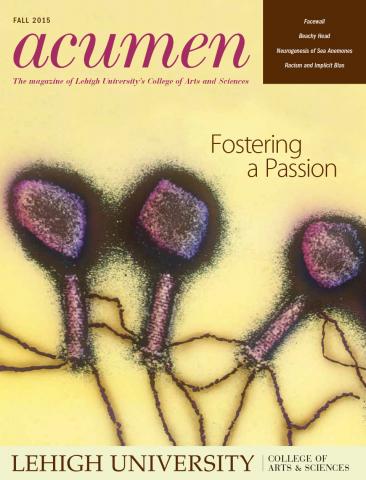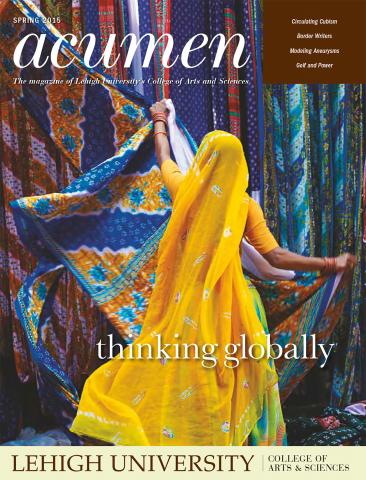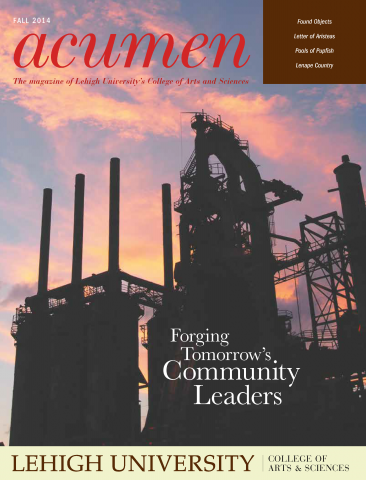
Early in Lon Babby’s long and distinguished career as a lawyer, he found himself at the center of one of the most intense legal crucibles the nation has ever experienced. On March 30, 1981, John Hinckley Jr. attempted to assassinate President Ronald Reagan as he exited the Washington Hilton. Reagan was shot in the chest, and press secretary James Brady suffered permanent brain damage. A Secret Service agent and a police officer were also wounded.
Babby was in his office at the platinum law firm Williams & Connolly on that afternoon. As sirens blared around the capital, the phone rang. It was Vincent Fuller, a colleague at the firm, Babby recalled.
“He said he had a hot case. Hinckley’s father had asked him to represent the person accused of shooting the President of the United States,” Babby said.
Fuller wanted Babby to work with him on Hinckley’s legal team. The pressure on the young lawyer was immense given the stress of the trial and the media coverage, but the experience was galvanizing.
“The lessons I learned in that case helped me in everything I did in my career afterwards,” he said.
Hinckley was found not guilty by reason of insanity; he was remanded to and held at a psychiatric facility until his release last year.
“There was no question about whether Hinckley shot Reagan— nobody disputed that,” Babby said. “The issue was whether he should be held criminally responsible. The values that were at stake were worth fighting for, and we were able to prevail. That was a credit to the values of the country and the judicial system.”
Babby came to Lehigh from Long Island and logged a flawless GPA as an undergraduate. Howard Whitcomb, a retired professor of government at Lehigh, taught constitutional law to Babby. The duo later became friends.
“I vividly recall meeting Lon,” Whitcomb said. “He was an extremely conscientious student, and he kind of took flight at Lehigh.”
Part of Whitcomb’s remit at the time was to counsel undergraduates headed for law school.
“Lon had very high aspirations,” Whitcomb said, “and he already knew he wanted to go into sports law, which was unusual, as most students at that age are just concerned about getting into law school.”
Babby gained admission to Yale Law School, where he edited the law journal. His future wife, Ellen, whom he had met at summer camp when they were 16, also attended Yale, where she earned her doctorate in French literature.
At Williams & Connolly, Babby came under the tutelage of the formidable Edward Bennett Williams, founder of the firm. “I quote him once a week,” Babby quipped.
Williams, part owner of the Washington Redskins, ended up providing Babby’s entrée to the sports industry. Williams assigned him to help represent the Redskins, where Babby’s colleague Larry Lucchino, later of Boston Red Sox fame, was also working. In 1979, Williams rang Babby to get his opinion about the Baltimore Orioles.
“I said, ‘Well, they platoon a lot, and they’re a little hard to watch.’ So blah, blah, blah, I’m rambling on. Then Ed says, ‘Well, I’m sorry you feel that way. I’m just about to buy them,’” Babby recounted. Despite the dig, Williams brought Babby to the Orioles, where he eventually succeeded Lucchino as general counsel, and it was there he honed his skills as a contract negotiator that would serve him well later as a groundbreaking representative for elite athletes.
“People always tell me how lucky I was to have watched Ed and Larry negotiate,” Babby said. “That’s true, but it’s a little bit like watching Sandy Koufax or Tom Seaver pitch. It doesn’t mean you can do it. You have to find your own style.”
Babby’s style was to empathize and seek mutual benefits.
“You have to prepare, be a good listener and ask a lot of questions,” Babby said. “You want to elicit as much information as you can and negotiate with grace and dignity, so the outcome is fair.”
Despite that professional sports is a multibillion dollar industry, it is a relatively small community where relationships and reputations count. “I was not going to compromise my credibility or my integrity. That was my calling card. It sounds simple, but in the emotions of negotiations, it’s not always so easy,” Babby said.
Among the highlights of Babby’s tenure at the Orioles and Redskins were the creation of the Camden Yards ballpark in Baltimore and the annus mirabilis of 1983, which began with Washington winning the Super Bowl in January, followed by the Orioles taking the World Series in October.
As a sports agent, Babby took a novel approach to representation, developing what he dubbed the Grant Hill model, named after his first client, the star forward out of Duke. Rather than taking the industry standard fee, a percentage on an athlete’s contract, Babby billed by the hour. The impetus was two-fold. First, it reduced potential conflicts of interest for the agent in the negotiation process, as there was no incentive for self-enrichment. Second, Babby respected the fact that it was the athlete who had created the value through talent and hard work. Babby negotiated Hill’s first professional contract, a six-year deal with the Detroit Pistons. In a 2000 interview with the Washington Post, Hill expressed discomfort with the usual fee structures and implicit incentives for sports agents and reported that Babby was paid about $100,000 for Hill’s $45 million deal with the Detroit Pistons. The typical agent fee would have amounted to $1.8 million.
“There are a lot of important phases in my career,” Babby said, “but none more important than working with Grant Hill, Tim Duncan and Ray Allen. Those are three Hall of Famers right there.”
Babby’s biggest career challenge was still to come. In 2010, he was offered the job of president of basketball operations for the Phoenix Suns, which he called the opportunity of a lifetime. “It was a Dick Cheney situation,” Babby said with a chuckle, referring to how the former vice president landed on George W. Bush’s presidential ticket.
Babby had volunteered to vet prospects for the position on behalf of the Suns.
“After the third or fourth call, the owner is asking me all these questions, philosophical questions, and I hung up the phone and thought that he would offer me the job,” Babby said.
He did, and at the age of 60, Babby and his wife moved west after more than three decades in Washington.
“The timing was right, and I was ready to do it,” he said. “My career has had kind of a poetic arc, and that was the perfect final chapter for me.”
Ellen Babby is currently a senior fellow at the Center for the Future of Arizona, while Lon retired after six years with the Suns. He now enjoys a life balanced among extensive philanthropic work, teaching negotiations in the Sports Law & Business program at Arizona State University Law School and relaxing with his family, especially his three grandchildren. Both his daughter, Heather, and her husband, Eric Rimsky, are 2006 Lehigh alums.
“Their connection to Lehigh continues the life-changing impact that Lehigh has had on my family,” Babby said.
“I’ve known Lon since he was 19, and he hasn’t changed. It is kind of stunning, really,” Whitcomb said. “We had occasion to go to a Suns game when we visited him recently, and everyone there, from the parking attendant to the ushers to the security people, had such a genuine fondness and respect for Lon. He’s the same self-effacing, disarming person, and those qualities lead to a real affection from people from all walks of life.”



